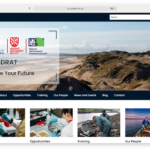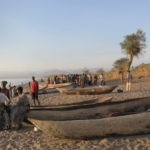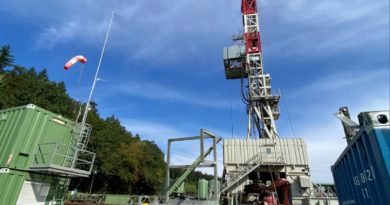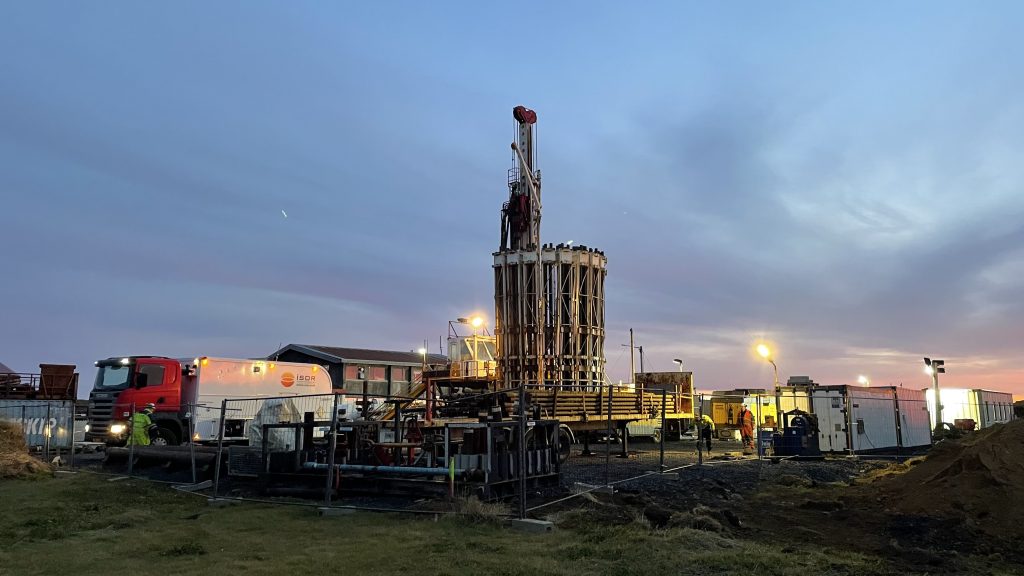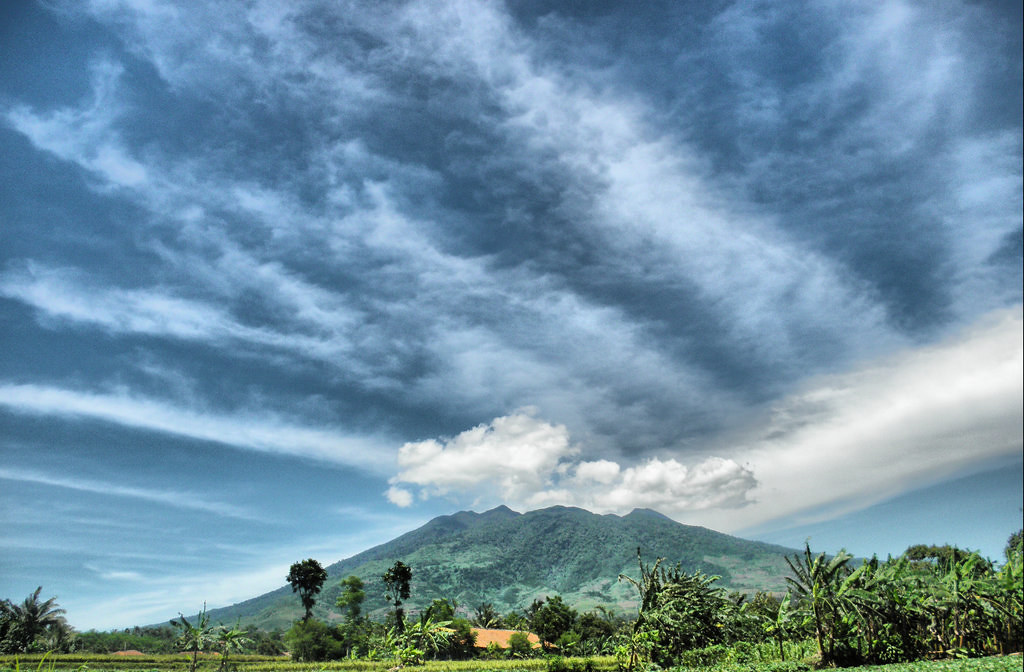PhD opportunity – Geothermal prospecting in Cairngorms, Scotland, Heriot-Watt University
Energy Disrupter
The Heriot-Watt University in Edinburgh is offering a funded PhD opportunity in geothermal prospecting in the Cairngorms region in Scotland.
The Heriot-Watt University in Edinburgh has announced a PhD position under the funded research opportunity “Geothermal energy prospecting in radiothermal ganites in the Cairngorms, Scotland, using an integrated geological, geophysical, and petrophysical approach.”
Application can be done online via the official listing page. The closing date for applications is 21st of May 2023 and applicants must be available to start in September 2023 or January 2024.
The project is in collaboration with the British Geological Survey and industrial partner TownRock Energy, both of which have significant experience in working in the geothermal energy sector, particularly in the UK. The candidate will also have the option to take up an internship with project partner TownRock Energy over the course of the PhD project.
In the UK, radiothermal granites offer one of the best potential targets for medium/medium-high enthalpy (100-200°C fluid temperature) geothermal energy resources, within conventional drilling depths (2-5 km). Scotland hosts the highest heat producing granites in the UK, primarily situated in the Cairngorms.
The PhD project will involve carrying out a series of field excursions to areas where there are radiothermal granites in NE Scotland (e.g. the Cairngorms) to map surface features (e.g. fracture, faults, alteration zones), carry out an MT survey and collect samples to measure the petrophysical properties of potential reservoir rocks using laboratory methods. The integration of these different data sets will directly influence the next stage of geothermal energy exploration in Scotland, but they will also be important in understanding other similar systems worldwide.
Source: Heriot-Watt University









